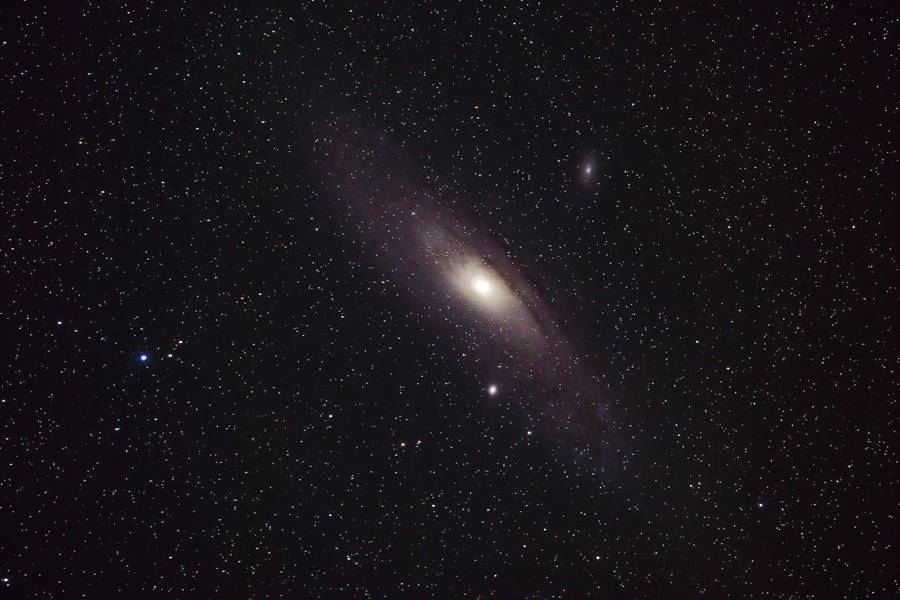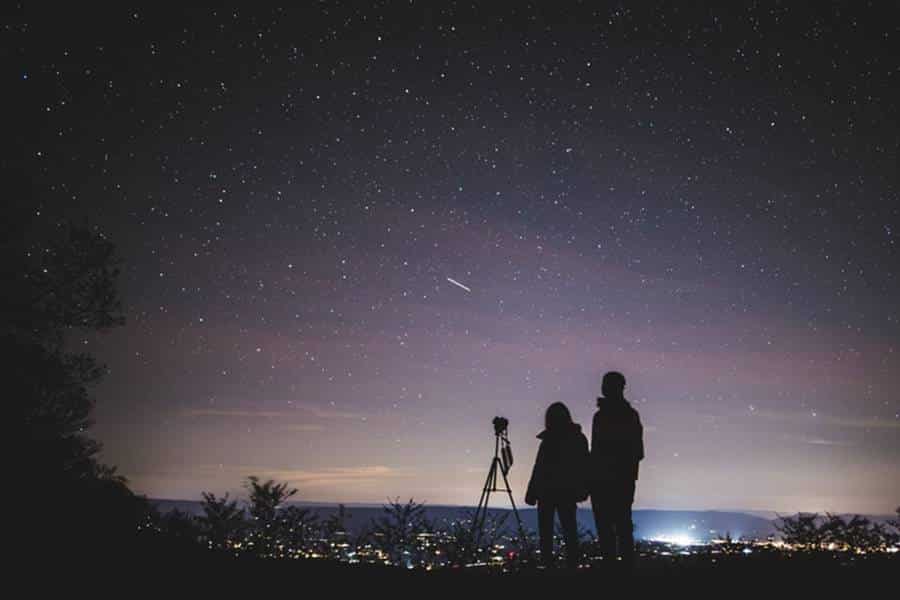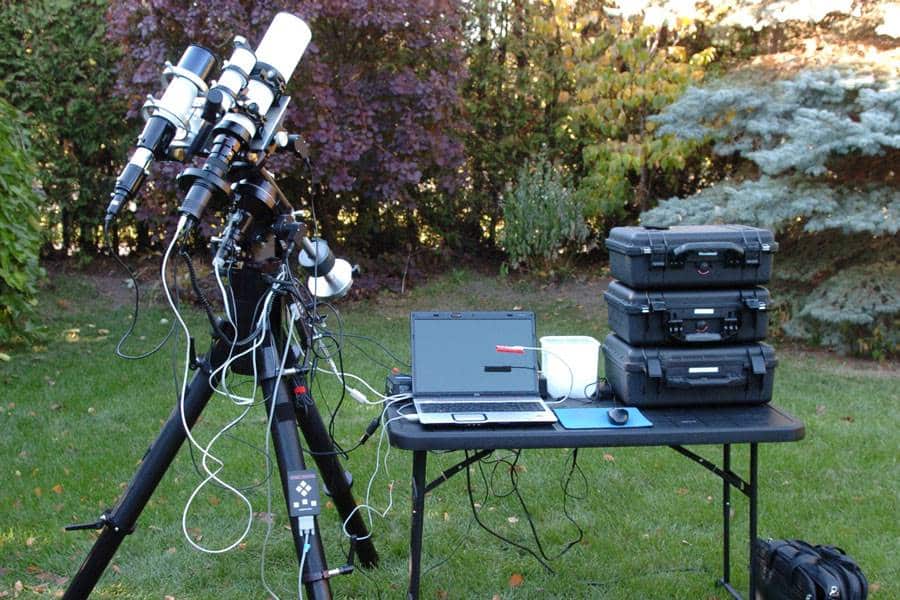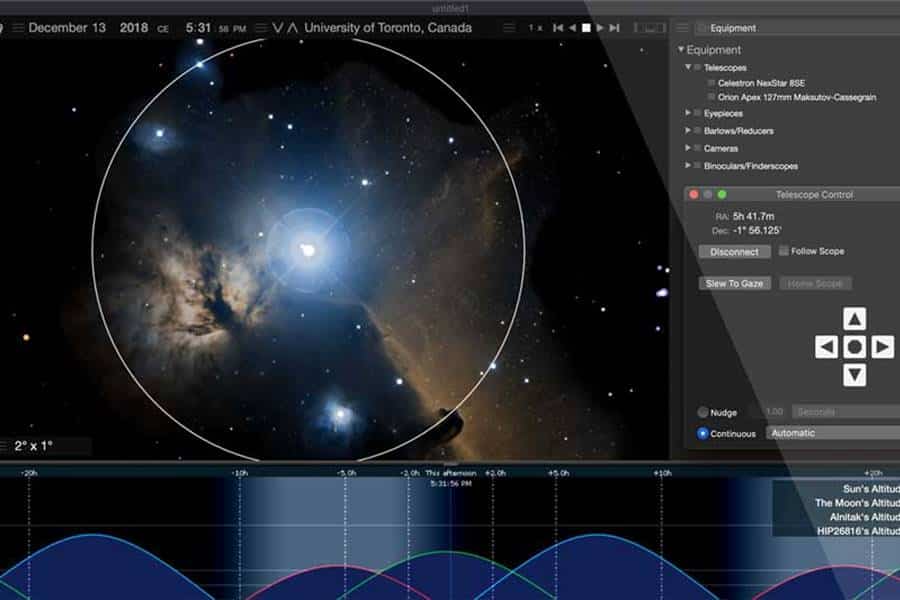When it comes to lenses for astrophotography, there are a few key factors to consider, such as focal length, aperture, and lens type. Here are some popular lens choices for astrophotography:
Wide-Angle Lenses: Wide-angle lenses with focal lengths between 14mm and 35mm are commonly used for capturing expansive views of the night sky, including the aperture and landscapes with starry backgrounds. They allow you to capture a larger portion of the sky in a single frame, resulting in stunning wide-field astrophotography images.
Fast Lenses: Lenses with wide maximum apertures (small f-numbers) are beneficial for astrophotography because they allow more light to reach the camera sensor, resulting in brighter images and shorter exposure times. Look for lenses with apertures of f/2.8 or wider for capturing detailed shots of deep-sky objects.
Prime Lenses: Prime lenses, which have a fixed focal length, are often favored for astrophotography due to their optical quality and wider apertures. Popular prime lenses for astrophotography include 24mm, 35mm, and 50mm lenses, depending on the desired field of view and subject.

Zoom Lenses: While prime lenses generally offer better image quality, some zoom lenses can still produce excellent results. Look for zoom lenses with a wide focal length range and a constant wide aperture throughout the zoom range for versatility and convenience.
Apochromatic Lenses: Apochromatic lenses (APO lenses) are designed to correct chromatic aberration, which is especially important for astrophotography. These lenses minimize color fringing and produce sharper, higher-contrast images, particularly when capturing small, distant celestial objects.
Manual Focus Lenses: For astrophotography, manual focus lenses are often preferred over autofocus lenses. Precise manual focusing allows you to achieve sharp focus on stars and other celestial objects, which can be challenging with autofocus in low-light conditions.
It’s important to note that lens selection depends on your specific goals and the type of astrophotography you want to pursue. Some astrophotographers prefer using a combination of lenses to capture different aspects of the night sky. Additionally, compatibility with your camera system is crucial, so ensure the lens you choose is compatible with your camera’s mount.
Overall, research and experimentation are key to finding the lens that suits your needs and budget. Consult fellow astrophotographers, read reviews, and consider the recommendations of experienced photographers to make an informed decision.


